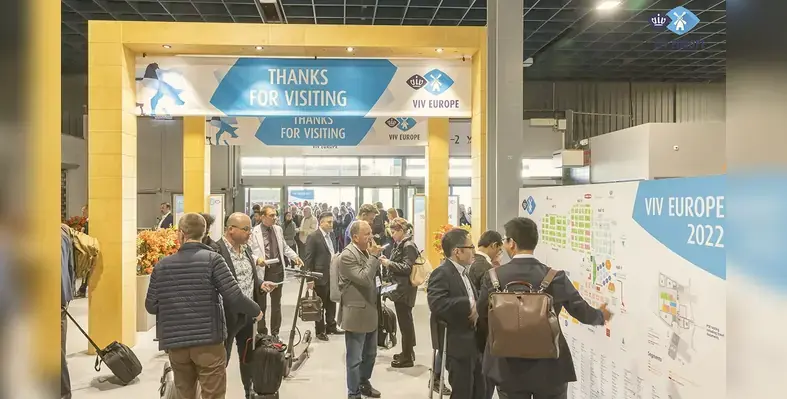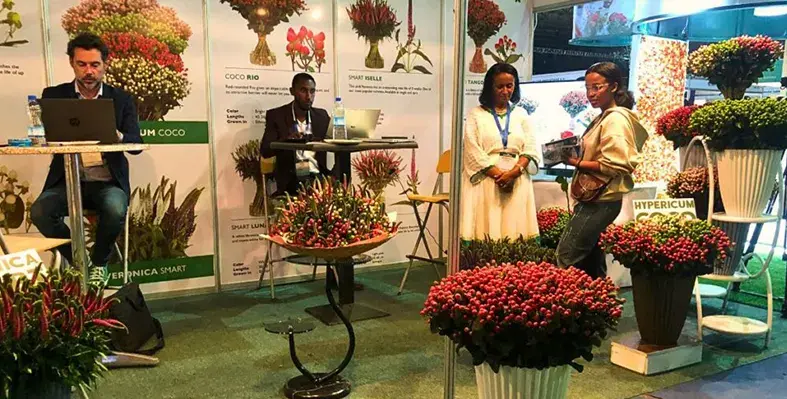
VIV Europe stands out as a vital platform connecting innovation, trade and real business opportunity. (Image credit: VIV Europe)
VIV Europe 2026 is set to be a landmark event as it celebrates its 25th Edition and reinforces its position as one of the most influential agrifood exhibitions in the world.
Backed by strong international partnerships and near sell out momentum, the event returns to where the VIV Worldwide journey first began, bringing together the global feed to food community at a crucial moment for the industry.
Organised by Royal Dutch Jaarbeurs and VNU Europe, the 2026 edition not only honours VIV Europe’s rich legacy but also signals a forward looking strategy. The organisers have confirmed that from 2028 onwards, VIV Europe will move to a two year cycle, with the next edition scheduled for June 2028. This shift aims to provide greater continuity, consistency and long term value for exhibitors and visitors alike.
“VIV Europe is evolving with the strength, consistency and international depth that the industry has been asking for,” said Jeroen van Hooff, President and CEO of Royal Dutch Jaarbeurs and VNU. “Europe needs a reliable and forward-looking agrifood platform to connect strategy, technology and business. VIV Europe 2026 will meet that need and the new two-year rhythm from this year on will provide in the epicenter of Europe, the continuity and momentum that our exhibitors, partners and global community deserve.”
The anniversary edition will welcome around 600 exhibitors showcasing the latest innovations, technologies and machinery across the agrifood value chain. An estimated 20,000 international visitors are expected in Utrecht, one of the world’s leading hubs for agricultural innovation. The programme will be supported by major partners including Rabobank, Wageningen University, the World Poultry Science Association and Common Source, alongside a full week of industry focused activities under the banner of VIV Week.
Poland has been named Country of Honor for 2026, reflecting its status as the leading poultry producer in the European Union and a rapidly growing exporter. Special sessions, delegations and matchmaking activities will spotlight Poland’s dynamic role in animal protein production.
With more than 97 percent of exhibition space already sold, VIV Europe 2026 clearly demonstrates strong market confidence. As Europe’s agrifood sector faces rapid technological change, sustainability demands and global competition, VIV Europe stands out as a vital platform connecting innovation, trade and real business opportunity.








